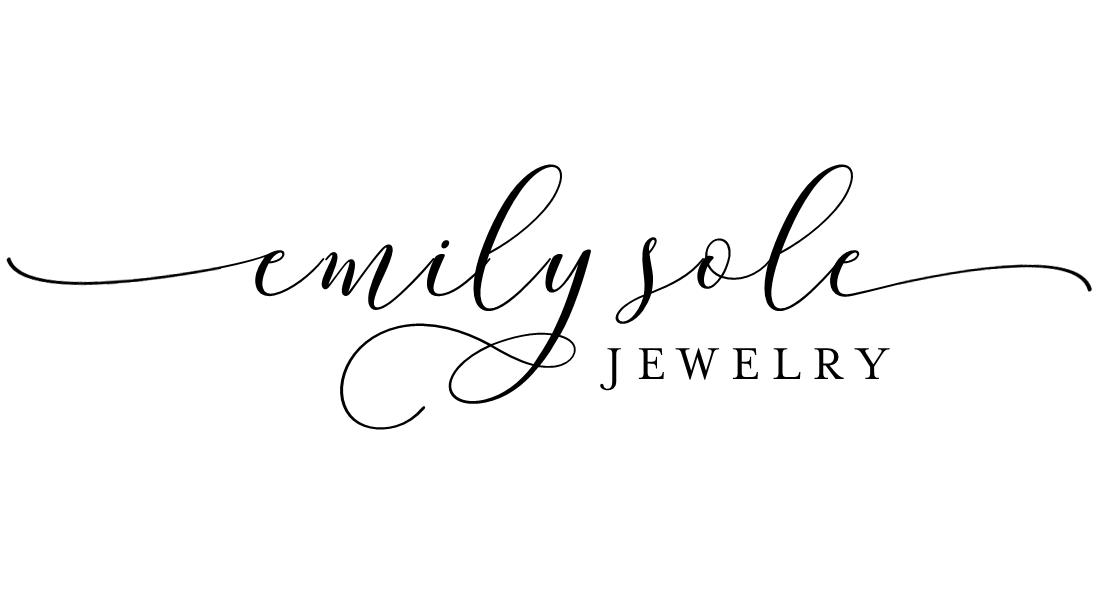Ethical Sourcing in the Jewelry Industry: What You Need to Know
In today’s world, more people are asking where their jewelry comes from—and for good reason. Ethical sourcing in the jewelry industry is about ensuring that every gem and metal is mined, processed, and sold responsibly. For those looking to invest in fine jewelry, understanding what ethical sourcing means can make your purchase even more meaningful.
What Is Ethical Sourcing?
Ethical sourcing means that the materials used in jewelry—like diamonds, gemstones, and precious metals—are obtained in ways that protect both people and the environment. This involves fair labor practices, safe working conditions, and minimizing environmental impact. For example, responsibly sourced diamonds follow the Kimberley Process, a certification system designed to prevent the trade of conflict diamonds. However, many jewelers go beyond this standard by partnering with mines that prioritize community welfare and environmental sustainability.
Why It Matters
When you choose jewelry made with ethically sourced materials, you support practices that value human dignity and ecological responsibility. Many conventional mining operations can harm local communities and ecosystems. Ethical sourcing helps ensure that miners receive fair wages, work in safe conditions, and that the environment is treated with care. For customers, it provides confidence that their jewelry reflects not only beauty but also integrity.
How to Identify Ethical Jewelry
When shopping for ethically sourced jewelry, ask questions. Reputable jewelers are transparent about where their materials come from and often work with organizations that certify responsible practices. Look for terms like “recycled metals,” “conflict-free diamonds,” and “fair-mined gold.” Many ethical jewelers also share their sourcing stories, giving you insight into the journey behind each piece.
Choosing ethically sourced jewelry means investing in craftsmanship that honors both people and the planet—a decision as timeless as the jewelry itself.

